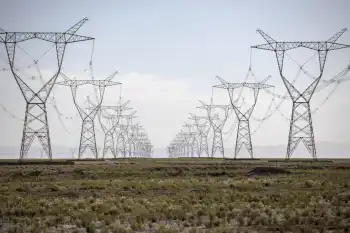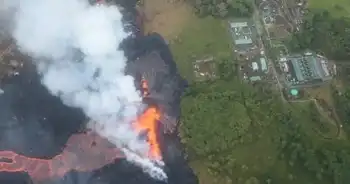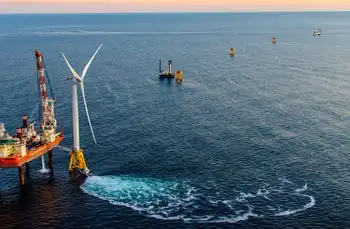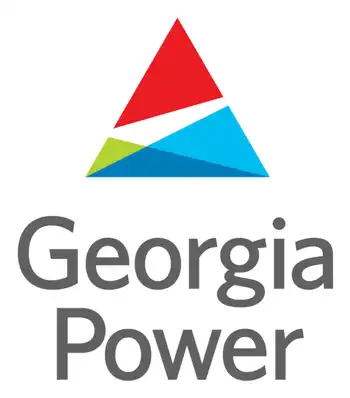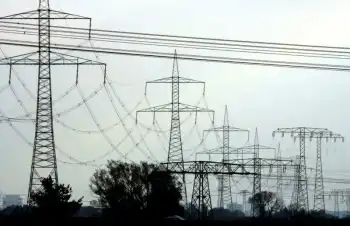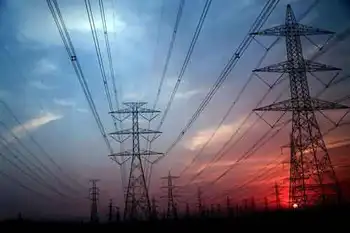Five more partners join Desertec project
By Reuters
Arc Flash Training CSA Z462 - Electrical Safety Essentials
Our customized live online or in‑person group training can be delivered to your staff at your location.

- Live Online
- 6 hours Instructor-led
- Group Training Available
Founded by 12 mostly German companies last year, Desertec will rely on the concentrated solar power (CSP) technology that uses mirrors to harness the sun's rays to produce steam and drive turbines for electricity generation in the Sahara region.
Van Son said there was no shortage of companies interested in joining the Desertec Industrial Initiative (DII) that was created last year. He told a group of foreign journalists the new participants would be announced in March.
"The more the merrier," said van Son, 56, who before his appointment to lead DII in October had headed the European Federation of Energy Traders.
"We want to make it more of an international project," he said, addressing one concern that it has until now been mostly a German initiative with 10 German firms, but only one Spanish and one Algerian on board.
"With the new partners we'll have a broader base. That's important for acceptance. It's important that we have companies involved from MENA countries (Middle East and North Africa)."
The 400 billion euro (US $549.2 billion), 40-year plan to power Europe with Sahara sunlight has gained momentum, he said. It would be the world's most ambitious solar power project. The plan would advance in stages with the first projects within a decade.
Fields of mirrors in the desert would gather solar rays to boil water, turning turbines to electrify a new carbon-free network linking Europe, the Middle East and North Africa.
Twelve member companies — including Siemens, E.ON, RWE and Deutsche Bank — back the initiative launched by Munich Re last July.
Van Son said the immediate goals for the next three years are to develop demonstration projects and to ensure renewable energy laws are in place in various countries that set up a legal framework, especially allowing imports of green energy.
"We want to create some hard facts as quickly as possible and that's why we want to do a few demonstration projects as soon as we can," he said, adding Morocco appeared to be a leading candidate for a first few projects.
Morocco has said it has already identified sites to place the curved solar mirrors that are not deep in the Sahara but in populated areas just north of the desert to ensure a supply of water to clean mirrors and cool turbines.
"We want to have some reference projects as soon as possible," he said, adding that Desertec was more a series of many projects rather than a single giant project. "We also want to gain as much experience as possible from them."
Desertec's founders point out that more energy falls on the world's deserts in six hours than the world consumes in a year.
"There's a vast amount of sunshine there," van Son said. "And there are vast amounts of space."
Proposed by the Club of Rome, an international group of experts that suggests solutions to global problems, Desertec became an industrial project last year when reinsurer Munich Re hosted its launch at its headquarters in the Bavarian capital.
Van Son said a crucial first hurdle is making sure a legal framework is in place that would guarantee price incentives for the power produced in the Sahara — a scheme similar to the Renewable Energy Act (EEG) in Germany and other countries.
"The costs for electricity from the desert will be higher than the costs of producing electricity with fossil fuels or nuclear power," van Son said. It is vital that laws are set up to ensure higher prices for the desert power for 10 or 20 years.
He noted that even in Germany there is not yet any provision for imported green energy and that such a foundation was of paramount importance before capital investors would join in.
"The expectations are that we'll set up a relative good starting position within the next three years in Europe that make it possible for investors to come in," van Son added. He banks are interested — provided the legal framework is right.





